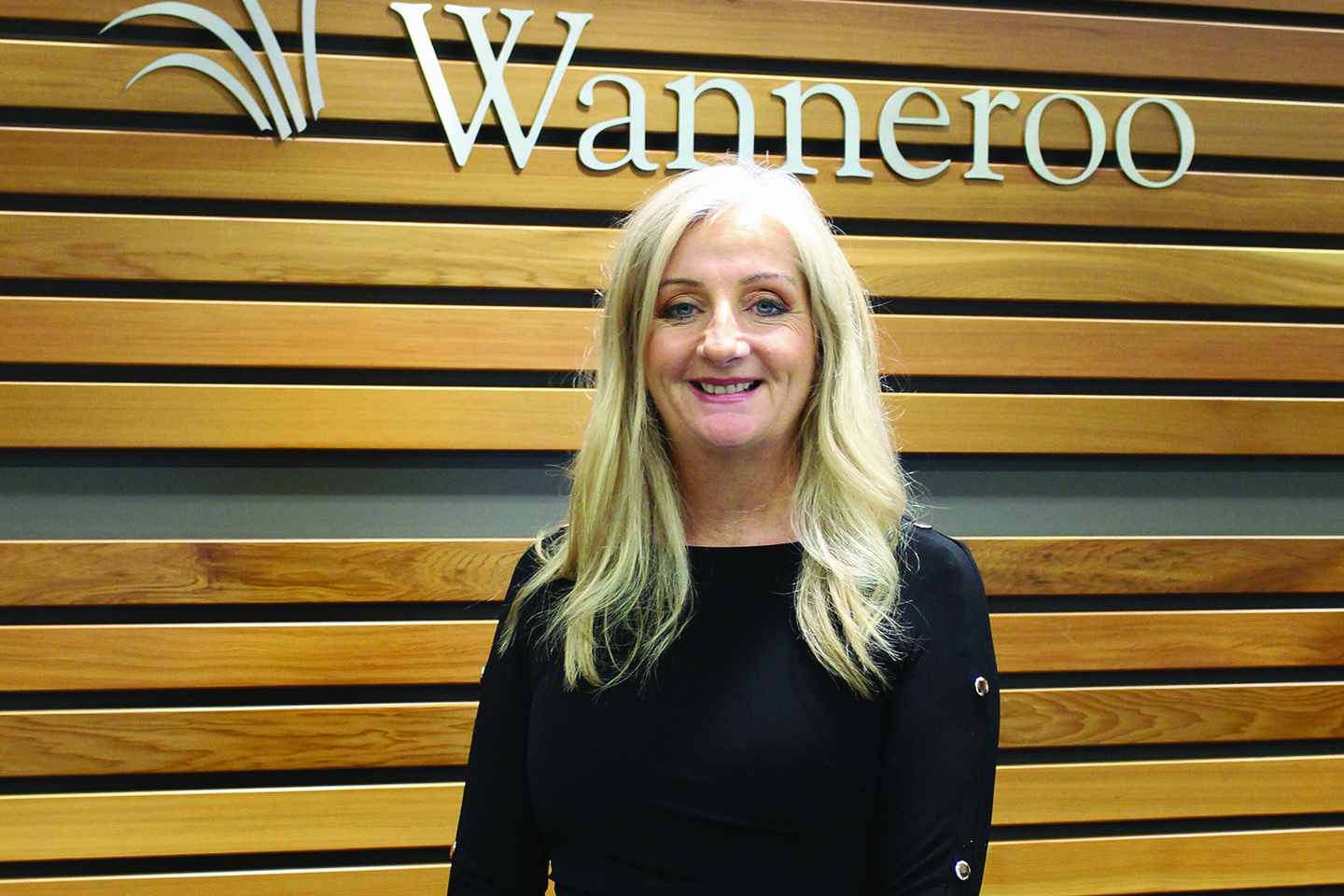As unspectacular as the business of rates, roads and rubbish may seem, Australia’s local governments are responsible for a range of vital services upon which our local communities rely.


Those prone to take a sceptical view of elected officials and the governments they represent may see Tracey Roberts as just another career politician.
Certainly her rise to the mayoralty at the City of Wanneroo after just two years as a councillor suggests a degree of political ambition. But Ms Roberts’ near-decade tenure in that role belies the fact she was a relative latecomer to local government, having previously worked in education.
Elected to city council in 2009, Ms Roberts launched a (successful) run at the top job in 2011, followed by re-election in 2015 and 2019.
Ms Roberts has expanded her resumé in the years since taking office, with her experience and command of local government serving her well in a successful tilt for the presidency of the Western Australian Local Government Association (WALGA) last March.
However, her background gives little indication of this latent leadership drive.
Prior to her first campaign, Ms Roberts spent more than a decade working as a registrar at Peter Moyes Anglican Community School, an independent school of 1,400 students in the northern Perth suburb of Mindarie.
Her first professional encounter with local government came during a period of work placement with her council while at high school.
As Ms Roberts recalls, the experience was less than thrilling.
“I remember at the time thinking, ‘Really?’ All my friends [on placement] were working in fashion shops,” she said.
To hear Ms Roberts tell it, public service, let alone elected office, never held much appeal.
However, it was while on work placement that an interaction with a Wanneroo resident left her with an appreciation for the role of local government.
“There was a situation where a lady came in with two children, [she was] in a really bad way,” Ms Roberts told Business News.
“There was so much support and care and attention provided to that lady and her two young children when she was obviously in a devastating place in her own mind.
“It was unbelievable.
“That really opened my eyes to what local government actually does.
“It’s not just about roads, rates and rubbish; it’s about the services it provides to communities.
“That lady had just walked, and walked, and walked, and walked to the doors of her local government and almost collapsed, and it was an instantaneous reaction [to provide support].
“That’s something that doesn’t ever leave you.”
While Ms Roberts’ initial encounter with local government informed her appreciation for its role in the community, it wasn’t until some years later that she decided to put her hand up and get involved.
She said that emerged from a desire to build consensus in her community, following a planning decision made by the city in the mid-2000s regarding a parking lot at the end of her street.
The parking lot was attracting antisocial behaviour, so the city proposed to resolve the matter by condemning the site and moving it to the opposite end of the road.
“I remember looking at this and thinking, ‘Well, this is just going to transfer the problem, it’s not going to fix it’,” Ms Roberts said.
Irked by the decision, Ms Roberts decided to rally the community, sitting down with neighbours to talk through the process and see if a viable alternative could be agreed upon.
Ms Roberts said it was the ease with which she and others were able to form a consensus over this issue that ultimately drove her to join the council, where she is now known as the ‘consultation queen’.
“It can’t just be the fact that this is a resolution, and this is where we’re going,” she said.
“There’s got to be opportunities so that everybody feels like they’ve had their say.”
Ms Roberts said that approach was representative of the leadership required of local governments, which were responsible for vital community services, urban planning, and facility maintenance outside of the purview of other levels of government.
Despite their importance to the daily operations of communities in which they operate, however, councils have traditionally fared poorly in terms of public perception.
Polling firm Essential Research has regularly tracked Australians’ trust in their institutions. Until April, when polling for state and federal leaders improved following their response to the COVID-19 pandemic, governments of all sorts regularly ranked among the least trustworthy institutions nationally.
While local governments have experienced their own bounce in confidence in recent months, with 53 per cent of Australians now saying they trust their council post-COVID-19, trust in councils has regularly rated as low as 40 per cent.
In Western Australia, scepticism of local governments has not been a matter of public opinion alone.
For instance, former premier Colin Barnett made several pushes to amalgamate the state’s 139 councils during his tenure, citing an abundance of bureaucracy as his chief motivation.
The belief underscoring his argument was that local governments were part of a sprawling bureaucracy, either inefficient in their processes or too narrow in their functions.
However, that reasoning underrates the size and function of WA’s local governments, which, according to the Business News BNiQ database, are substantial operations on par with businesses across the state’s major industries.
The City of Wanneroo is illustrative of that, with its earnings in the previous financial year totalling $196 million, the third largest figure for any council in WA.
That’s more than engineering consultancy firm Lycopodium, which earned total revenue of $166 million last financial year, and logistics and services provider MLG, which earned revenue of $190 million.
With 992 employees, Wanneroo council is the largest in the state, as ranked by total employment, on par with National Australia Bank, HBF, and Seven West Media on that metric.
The similarity between councils and businesses are not limited to their size, but their operations, too.
Unlike their federal and state counterparts, local governments are limited in how they can fund themselves, which means all services, developments and employment initiatives they undertake must be financed with either ratepayer money or government grants.
On a broader level, local governments must also engage the community on major decisions, with mayors and councillors often working in view of their constituents on issues that directly affect them.
According to Ms Roberts, being a visible member of such a small, tight-knit community is what sets her role apart from that of executives or politicians.
“We’re at that level of government where people can find you in Coles if you’re at the frozen food section or you’re choosing your fruit,” Ms Roberts said.
“People can come and talk to you; you’re accessible, you’re out there, you’re talking.
“People call me the consultation queen; I just like to make sure that everybody feels like they’ve had a view.
“You can’t please everybody, especially if there’s totally opposing views in the community.
“However, you can sit down and try and work out a best way forward.
“If we can do that effectively, then everybody walks away feeling they’ve been heard.”













